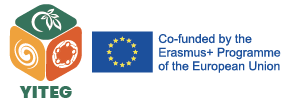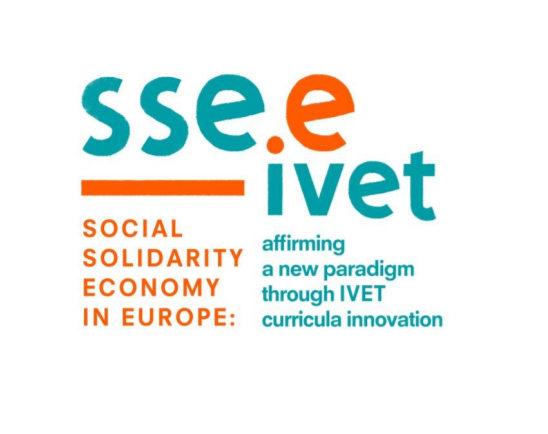Tool Description
The Training Modules SSE IVET are composed of 3 modules aimed at promoting the Social Solidarity Economy at the level of Initial Vocational and Educational Training (IVET):
- Module 1. Social Solidarity Economy Values and Principles
- Module 2. Democratic Management in the Social Solidarity Economy
- Module 3. Ethical and Solidarity Finance and Resources
Module 1 : The main aim of this module is to understand the topic Social Solidarity Economy (SSE) as a transversal movement, linking values and principles to collective action and practices. At the end of this module, trainees will understand the dynamics of SSE, as well as they will be able to distinguish SSE from other economical dynamics. They will also be equipped with the main knowledges, as well as basic competences, to implement those values and principles into practice and collective action.
Module 2 : The purpose of the training module entitled “Democratic management in the SSE” is to provide to all potential learners and relevant stakeholders with all the necessary information regarding the aspects of Democratic management in the Social Solidarity Economy (SSE). Specifically, at the end of this module, learners will be able to understand how Democratic management can be organized and be tailored to a collective goal, what are the benefits of this type of management and how it can help the development of organizations operating within the SSE. It mobilizes a plurality of economic principles and tools which can be manifested and used in most areas of economic activity (agriculture, industry, services, etc.) in order to run a SSEO successfully. It goes far beyond only decisionmaking but includes all aspects of governance and organizational structures.
Module 3 : The main purpose of the training module “Ethical and Solidarity Finance and Resources” is to clarify the meaning, principles, mechanism and tools of Ethical and Solidarity Finance. The learners will be introduced to different perspectives about Social and Solidarity Economy and will learn about opportunities and transformative potential of Ethical and Solidarity Finance as a pathway to societal change.
Aims
These modules support trainers working with young people in developing their professional activity with an enlarged perspective including these SSE aims, possibly inside SSE organisations.
These modules aim to be a first step in organizing a relevant and meaningful training structure both at national and European levels.
Recommended for
The modules are to be included as modular parts in existing IVET courses, namely in the fields of economics, management, financial and social area. They can be used with flexibility, depending on the profile of trainees and on the degree of autonomy that trainers have in each country to reformulate or add parts to the curricula of existing training courses. The 3 training modules should be ideally implemented together in a sequential way, allowing for a deeper and more comprehensive understanding of how the SSE functions.
Duration
Suggested duration for each module: 30 hours
Background and where it has been employed
Since September 2016, RIPESS Europe has started to work with some of its members on Initial Vocational Education and Training (IVET) through an Erasmus+ project (“Social and Solidarity Economy in Europe: affirming a new paradigm through IVET curricula innovation”). The countries directly involved in the project were: Bulgaria, Czech Republic, Greece, Germany, Italy, Portugal, and Romania. The partners were:APDES – Portugal (Coordinator), ASPECT – Bulgária, CRIES – Romania, Glafka – Tzchech Republic, IED – Greece, RIPESS Europe, Solidarius Italia, Technet – Germany
Links and downloads
Module 1 :
https://apdes.pt/wp-content/uploads/2015/12/Module-1.pdf
Module 2 :
https://ripess.eu/wp-content/uploads/sites/4/2018/08/SSEE-IVET-Training-Module-2.pdf
Module 3 :
https://ripess.eu/wp-content/uploads/sites/4/2018/08/SSEE-IVET-Training-Module-3.pdf
Created by
RIPESS Europe through the project "Social Solidarity Economy in Europe: affirming a new paradigm through IVET curricula innovation”

